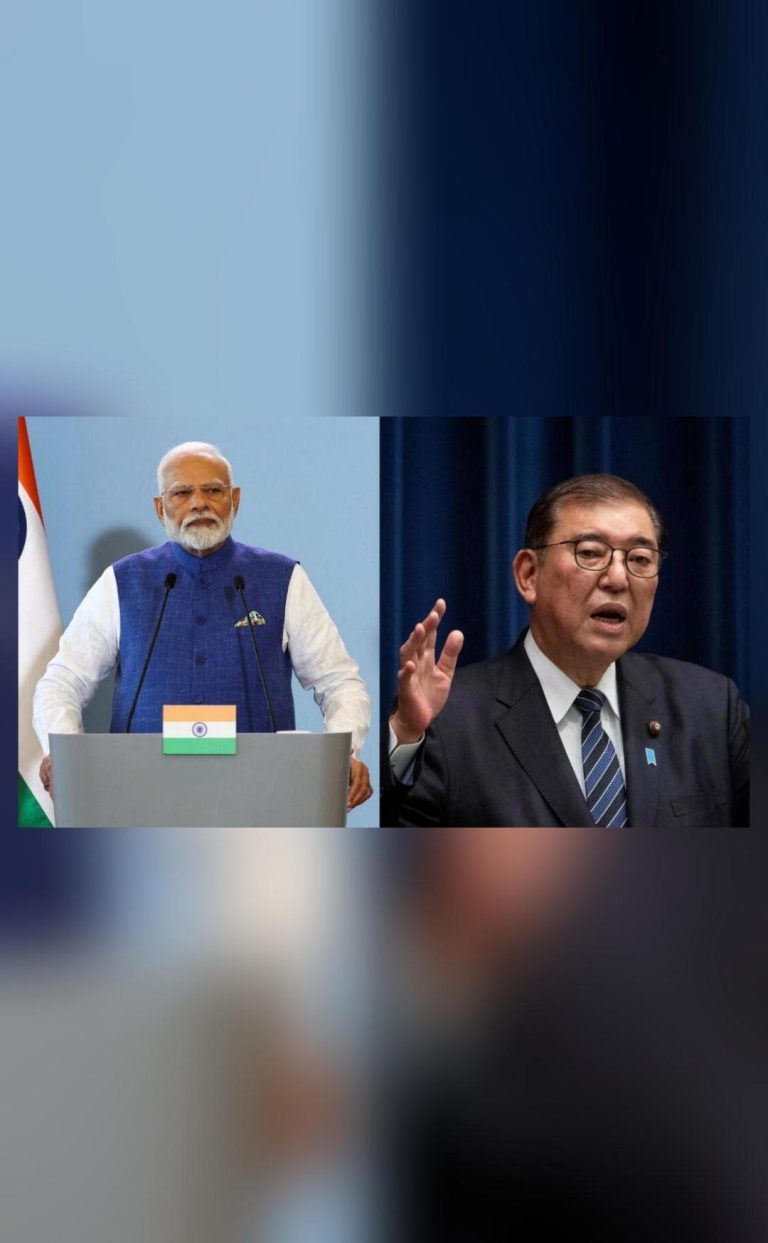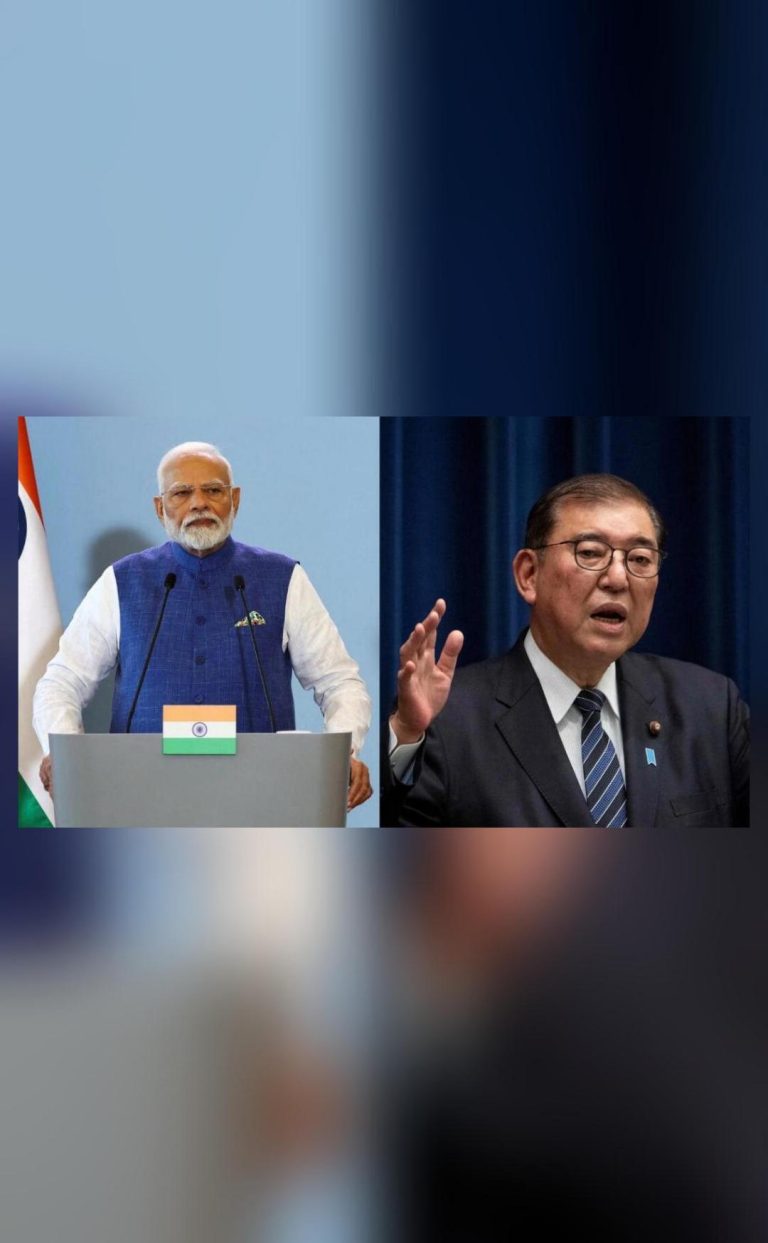
Ravindra Jadeja Compares Captaincy in T20 & Test Format: A Glimpse into the Mind of a Leader
In the world of cricket, captaincy is a highly respected and coveted position. It requires a unique blend of leadership skills, tactical acumen, and an ability to manage a team’s dynamics. Two formats that pose distinct challenges to captains are Test cricket and T20 Internationals. In a recent conversation with fellow cricketer R Ashwin, Ravindra Jadeja shared his thoughts on the differences he faces while leading his team in these two formats.
Jadeja’s comments provide valuable insights into the mindset of a captain in the Indian cricket team. He highlighted the fact that Test cricket requires a more calculative approach, whereas T20Is demand a more event-driven strategy.
“In Test cricket, you have to change two-three fielders as per the need of the bowler. Captaincy in Test cricket is different. It’s simple, but calculative. It’s not complicated like IPL or T20Is. In T20s, every ball is an event,” Jadeja said in the conversation.
The Indian all-rounder’s words are a testament to the distinct demands of each format. Test cricket, often referred to as the ultimate test of endurance and skill, requires a captain to make strategic decisions that can alter the course of the match. In this format, captains need to carefully manage their bowlers, fielders, and batsmen to eke out the best possible result.
On the other hand, T20Is are a high-intensity, fast-paced format that demands a different set of skills from a captain. With a limited number of overs to play with, captains need to be proactive and reactive, making decisions that can swing the momentum of the game in their favor. Every ball is indeed an event in T20Is, as Jadeja pointed out, and captains need to be able to adapt quickly to the ever-changing scenario.
Jadeja’s comments also highlighted the importance of understanding the strengths and weaknesses of each format. A captain who excels in one format may not necessarily excel in another. For instance, a captain who is adept at reading the game and making strategic decisions may not be as effective in T20Is, where the pace of the game is much faster.
In contrast, a captain who is skilled at making quick decisions and adapting to changing circumstances may struggle in Test cricket, where the game unfolds at a slower pace. A good captain needs to be able to adjust their approach to suit the demands of each format.
Jadeja’s remarks also underscore the importance of experience and maturity in captaincy. A captain who has played in both formats for an extended period of time will naturally develop a deeper understanding of the demands of each format. They will learn to make informed decisions, adapt to changing situations, and lead their team with confidence and authority.
In conclusion, Ravindra Jadeja’s comments offer valuable insights into the challenges of captaincy in Test and T20 formats. While both formats require different skills and approaches, a good captain needs to be able to adapt to the demands of each format. By understanding the strengths and weaknesses of each format, a captain can develop the skills and strategies needed to lead their team to success.






